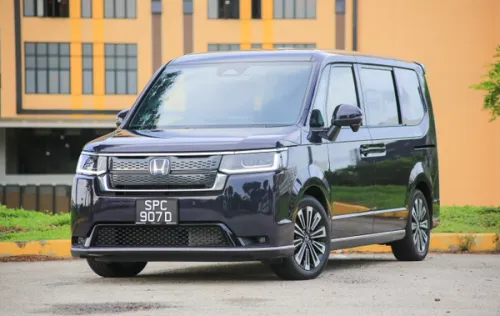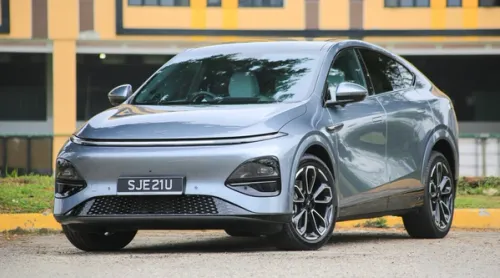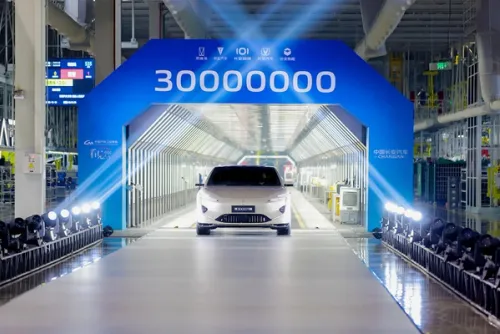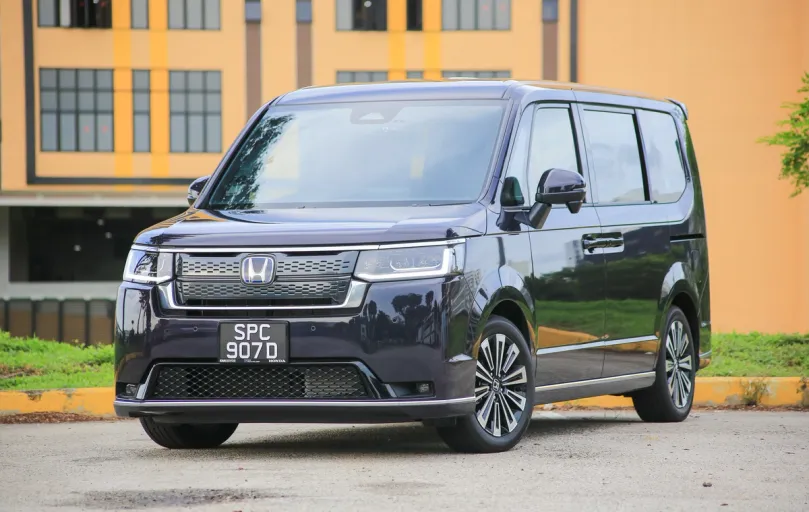OPINION - Are We At Another Crossroads In The Motoring World?
With the recent launch of the all-electric Kia Niro, it got us thinking about where the industry is headed. And before you discount this as just another electrified mobility exposé, you may want to consider the implications of electric vehicles (EVs) in our local context, going beyond just the obvious things it means for car owners of the future.


With the recent launch of the all-electric Kia Niro, it got us thinking about where the industry is headed.
And before you discount this as just another electrified mobility exposé, you may want to consider the implications of electric vehicles (EVs) in our local context, going beyond just the obvious things it means for car owners of the future.
It’s no surprise that most people here are not convinced to try EVs. Afterall, charging infrastructure is still in its infancy and there are no real incentives from the authorities to drive one, unlike what you might find overseas.
On top of that, the cost of EVs remain relatively high, so it’s not exactly what you’d call an accessible alternative means of propulsion. One of the cheapest sedan cars you can find here will set you back by a smudge over $60,000, and yet the lowest priced EV here is somewhere double that figure.
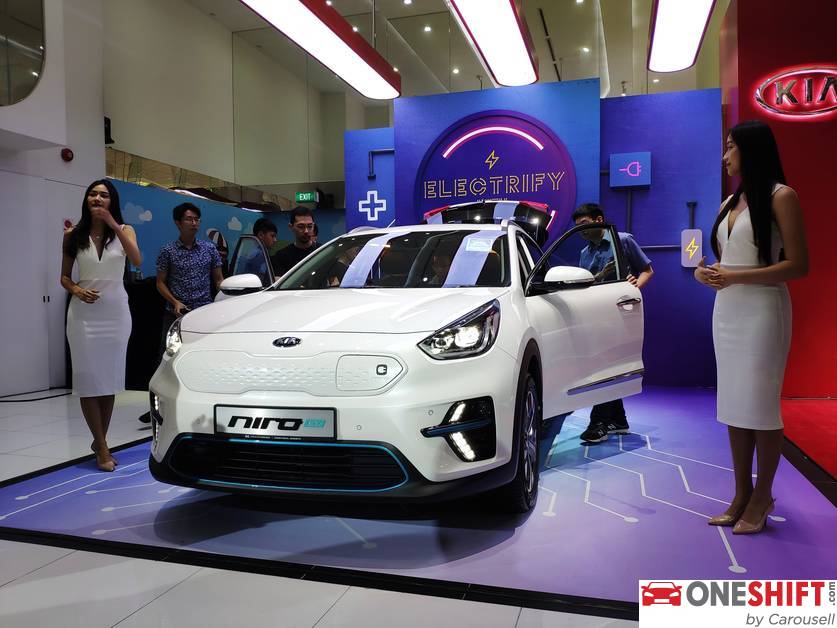
Which means that no matter how attractive the claim that you’d save money on fuel, it doesn’t account for the fact that you spend much more money upfront purchasing an EV.
Don’t get us wrong, we’re not decrying EVs, because ultimately, we must do our part to save the earth, and we should definitely embrace the technology of the future. But without going into what is already a well-established debate that EVs may do more harm than good from an environmental standpoint, let’s focus more on the dollars and cents that is the crux of the local situation.
It is also well-known that fleet and leasing companies form the bulk of current EV owners here, rather than the average you or I.
Because it makes more sense.
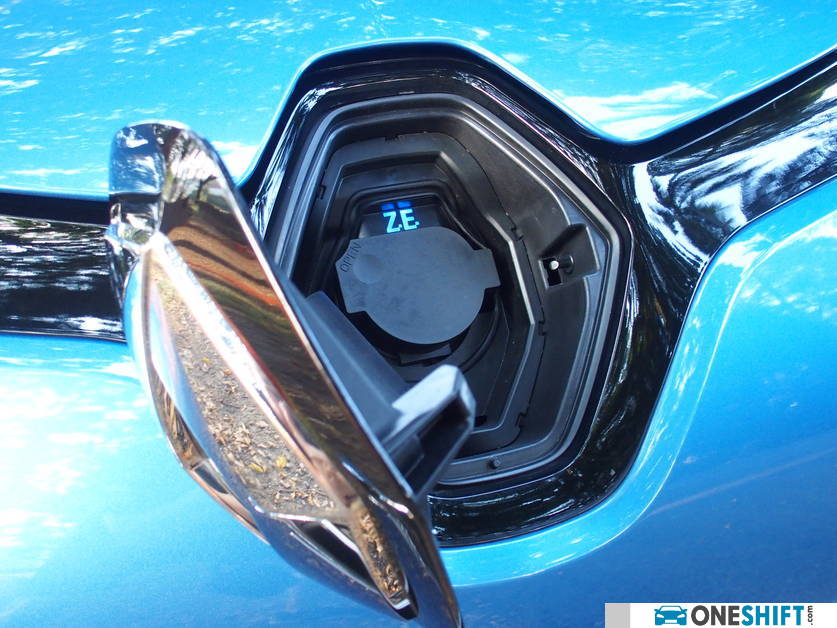
EVs are expensive as we’ve established, and corporations have better resources to attain them. It also makes financial and commercial sense, because leasing them out in conjunction with ride-hailing apps sees the perfect fit of demand for mobility and a means of reducing running costs for the fleet.
Now we did say that an entry level car is cheaper than the cheapest EV, but when you account for large distances covered by taxis and private hire vehicles (PHVs), the savings you can imagine, are far more substantial as compared to that of the average Joe’s.
And as the demand for affordable mobility increases, where especially younger people shift away from car ownership toward ride sharing, it’s not difficult to imagine the cycle perpetuating.
This may contribute to the decline of the mass market B2C car sales, and as convenience becomes a reason of the past to own a car (think about it, just tap a couple of times on the app and a ride magically appears downstairs), coupled with high ownership and maintenance costs, it just might cause a noticeable shift in motoring here.
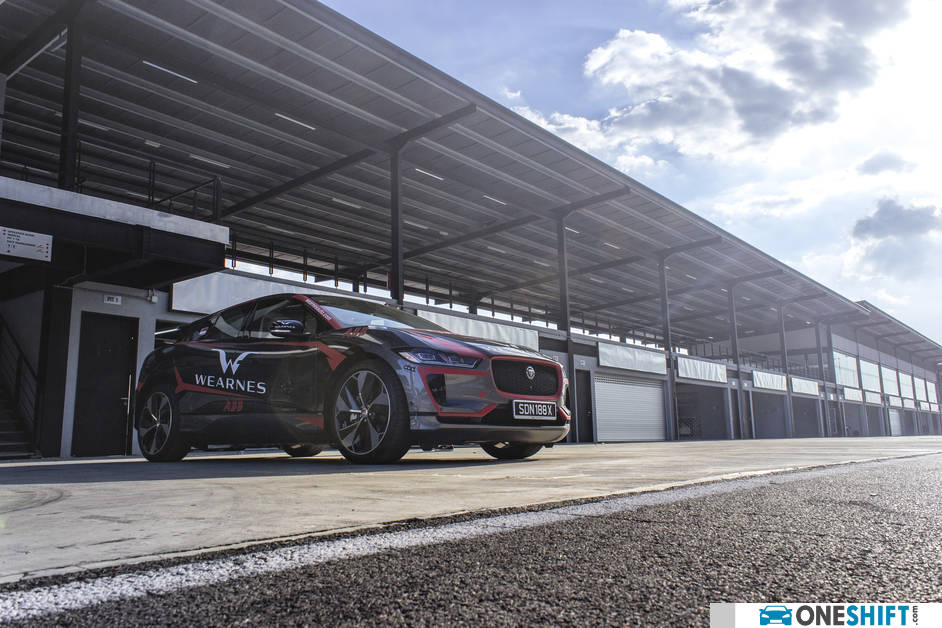
Credits:


Get the Best Price for your used car
from 500+ dealers in 24 hours

- Convenient and Hassle-Free
- Consumer Protection
Transparent Process
With No Obligation
